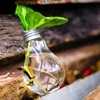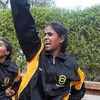From detecting cancer through innovative models to upcycling coconuts for utensils – top Social Stories of the week
This week, SocialStory saw several thoughtful innovations — from teens building models to detect cancer to entrepreneurs creating sustainable products and more.
Mumbai-based Sidharth Jain and Aasimm Khan built a mobile-based app that helps in the early detection of genital cancer. Meanwhile, the founders of Baaya Designs and Thenga are employing sustainability in their artwork and utensils, respectively.
Seeing the plight of children of coal miners, Harsh Singh of Sahadeva Foundation is now educating and feeding over 200 children of coal miners in Dhanbad.
On the other hand, Amir Hussain Lone, who lost his arms in a tragic accident, is now the captain of the para-cricket team.
Here are the top Social Stories of the week:
Meet the 17-year-olds who won a global award for their ML model that detects genital skin cancer
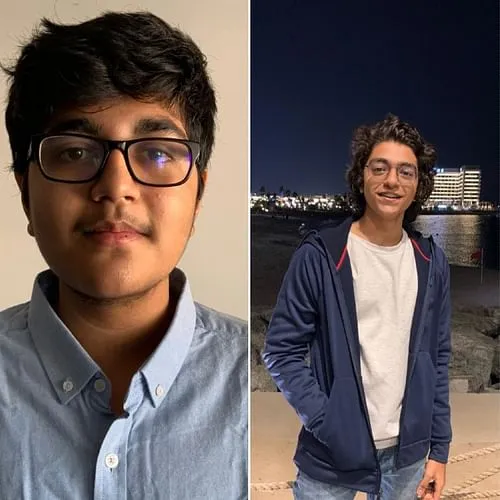
Sidharth Jain (left) and Aasimm Khan, the two Mumbai-based teens who are developing a technology for remote skin cancer diagnosis
What were you doing when you were 17 years old?
Ask Mumbai-based teens Sidharth Jain and Aasimm Khan, and you will get a straightforward answer — Building a mobile-based app that helps in the early detection of genital cancer. The Class 11 students at Jamnabai Narsee International School recently won one of the Grand Awards at the US-based International Science and Engineering Fair (ISEF).
Their innovation — Remote Identification and Detection of Genital Skin Cancer (RIDGE) — was given the Grand Award fourth place in the annually-held global innovations fair’s ‘World ISEF Regeneron 2021' in the bio-medical category.
Meet the 19-year-old educating, feeding 200 children of coal miners in Dhanbad
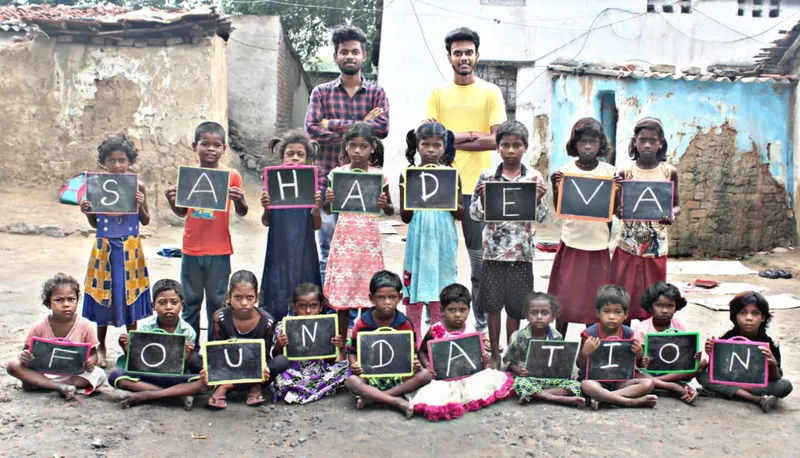
As the Coal Capital of India, Dhanbad is home to many coal miners and their families. But, in the Jharia-Dhanbad belt of Jharkhand, most of these families are poverty-stricken.
For years, 19-years-old Harsh Singh, a resident of Dhanbad, saw these workers and their struggles in making ends meet with their meagre daily wages or by selling coal bags.
It was more heartbreaking to see their children also carrying these bags, he tells SocialStory.
Harsh then decided to approach the parents and convince them to let their children go to school. He also wanted to ensure they get proper meals every day. So in 2019, he launched the Sahadeva Foundation with a team of around 30 volunteers.
How Baaya Design is creating sustainable livelihoods by bridging gap between traditional artisans and clients
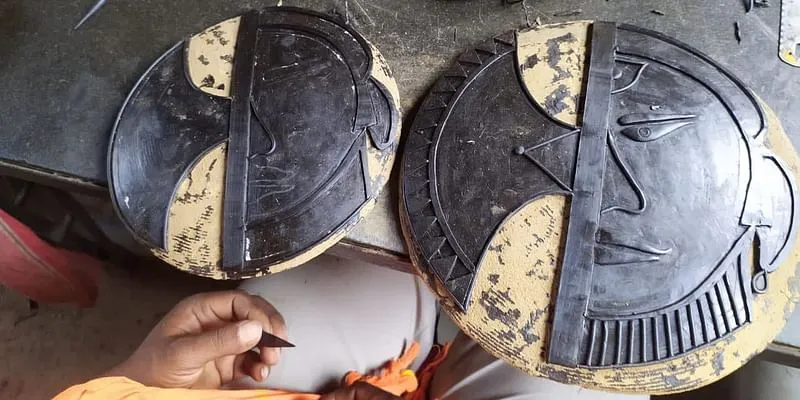
According to the Development Commissioner Handicrafts, under the Ministry of Textiles, over 35 traditional crafts in India have been identified as endangered. With changing aesthetic sensibilities and the availability of cheaper assembly line alternatives, the demand for traditional handicrafts is on a steady decline over the years.
Several entrepreneurs and designers have been working to bring about a revival in these art forms. Among them is Shibani Jain, Founder and CEO, Baaya Design. A graduate of the National Institute of Design (NID), Ahmedabad, Shivani has worked as Head of Design at Tata Interactive Systems.
Baaya Design was established to offer artisans greater representation. “Art is not represented well, and some of the skills that these artisans possess is not well represented,” says Shibani, explaining that while a few products have been contemporised by design stores, the sheer variety of talent that exists in India is underutilised.
How this J&K sportsman is acing it in cricket after losing both arms in an accident
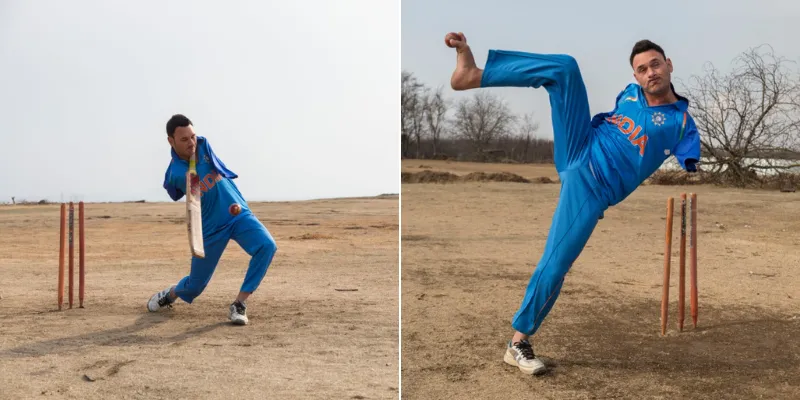
How Amir does batting and bowling using his chin and his foot
“Twenty-four years ago, when I was eight years old, I lost both of my arms during an accident at my father’s sawmill. Today, I am the captain of Jammu & Kashmir’s para-cricket team,” says Amir Hussain Lone, a differently-abled sportsperson from the Anantnag district in Jammu and Kashmir.
While many people, including doctors and the members of the army, played their role in saving Lone's life, the real credit for his survival must go to his late grandmother, Fazi. After a three-year absence from school, Lone was encouraged by his grandmother to go back to school full time.
Read more about Amir’s inspiring journey.
How this startup is upcycling discarded coconut shells into trendy, sustainable lifestyle products

Maria Kuriakose, founder of Thenga with her father, Kuriakose Varoo
Maria Kuriakose always wanted to be an entrepreneur. When the lockdown was announced last year, she decided to return to her native Kerala from Mumbai and focus on her dream of starting a ‘business with a cause.'
“I always wanted to live a more eco-friendly lifestyle,” says Maria, Founder of Thenga, a sustainable lifestyle product that upcycles waste coconut shells.
The word ‘thenga’ means coconut in Malayalam and is unique because every part of the coconut tree can be used for something — whether it is food, shelter, fuel, or storage. The coconut shell is a sustainable, practical, and durable alternative to plastic, especially for making kitchenware.
It can also be easily decomposed. Unlike steel and plastic kitchenware, it can be conveniently broken into smaller parts and mixed with soil.
Edited by Suman Singh


